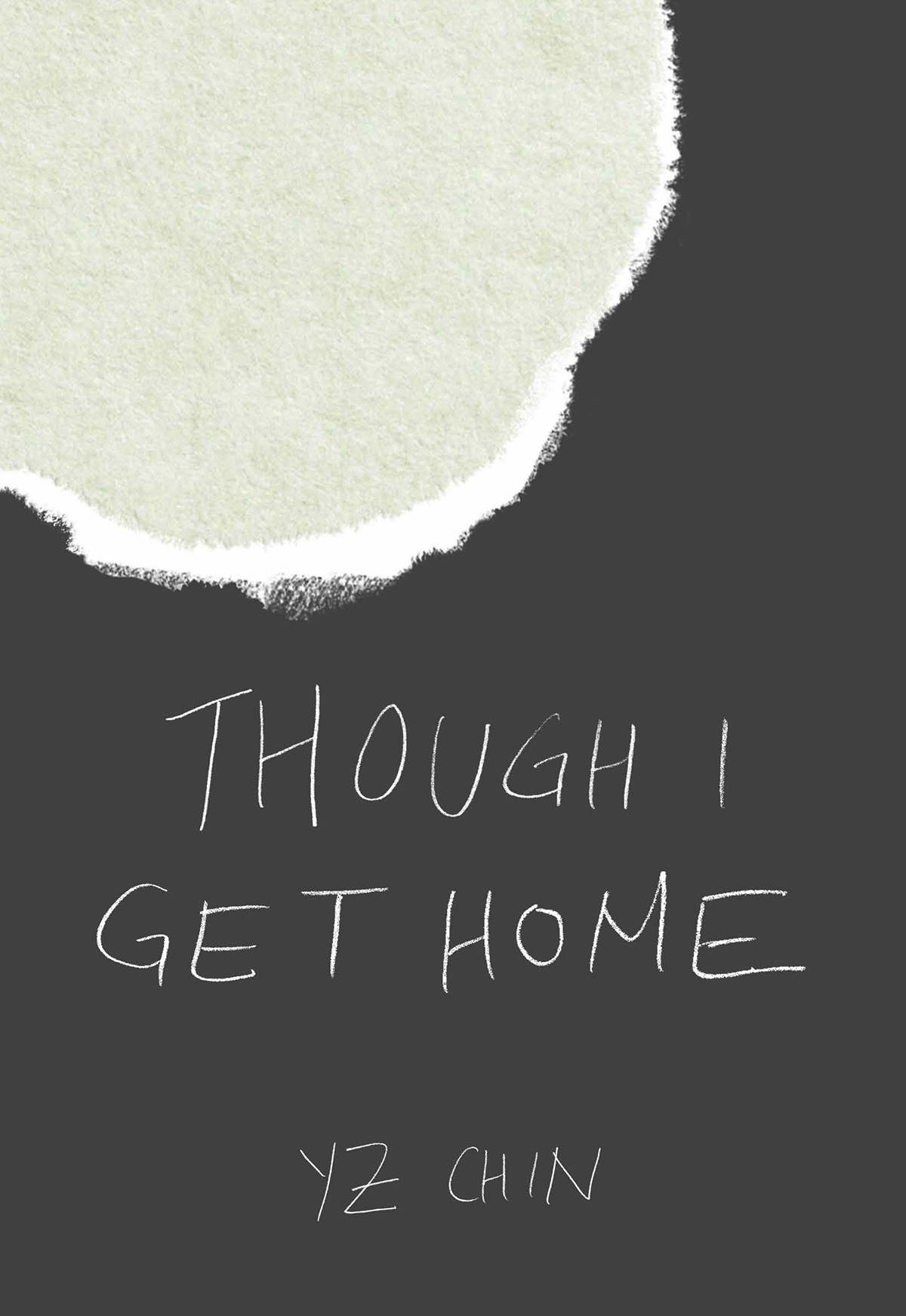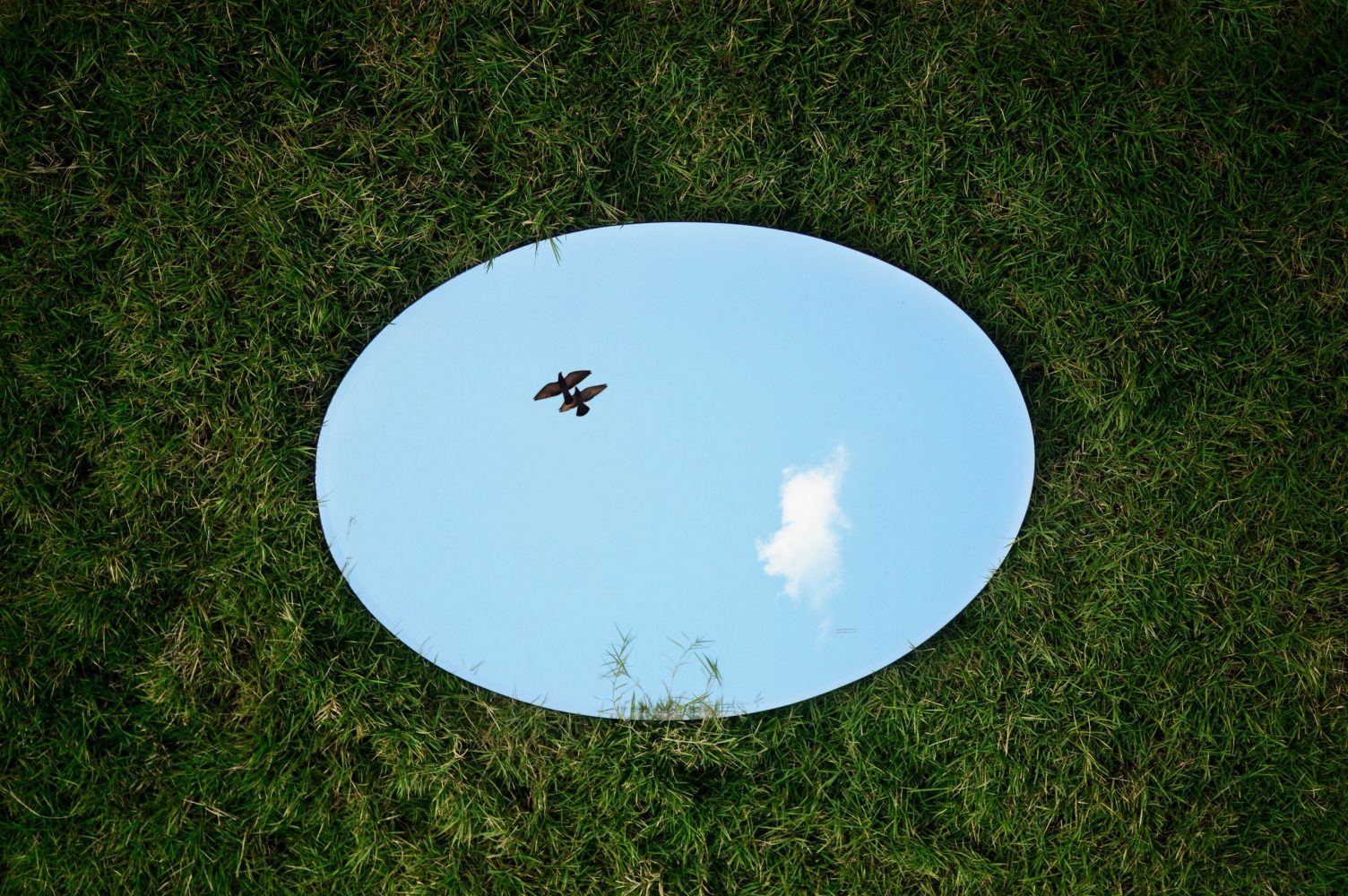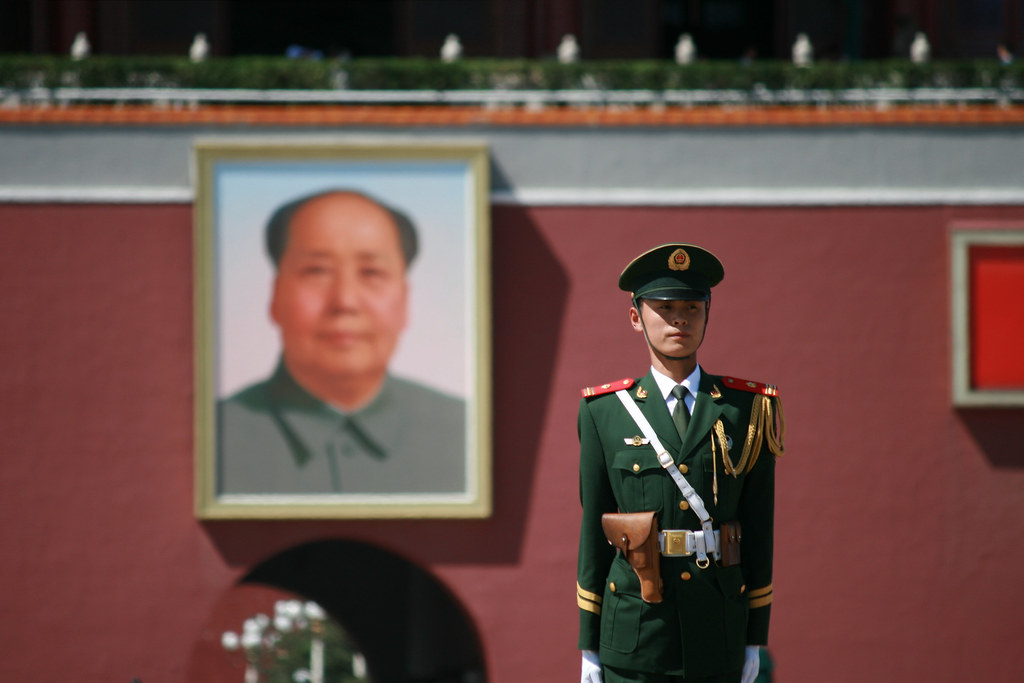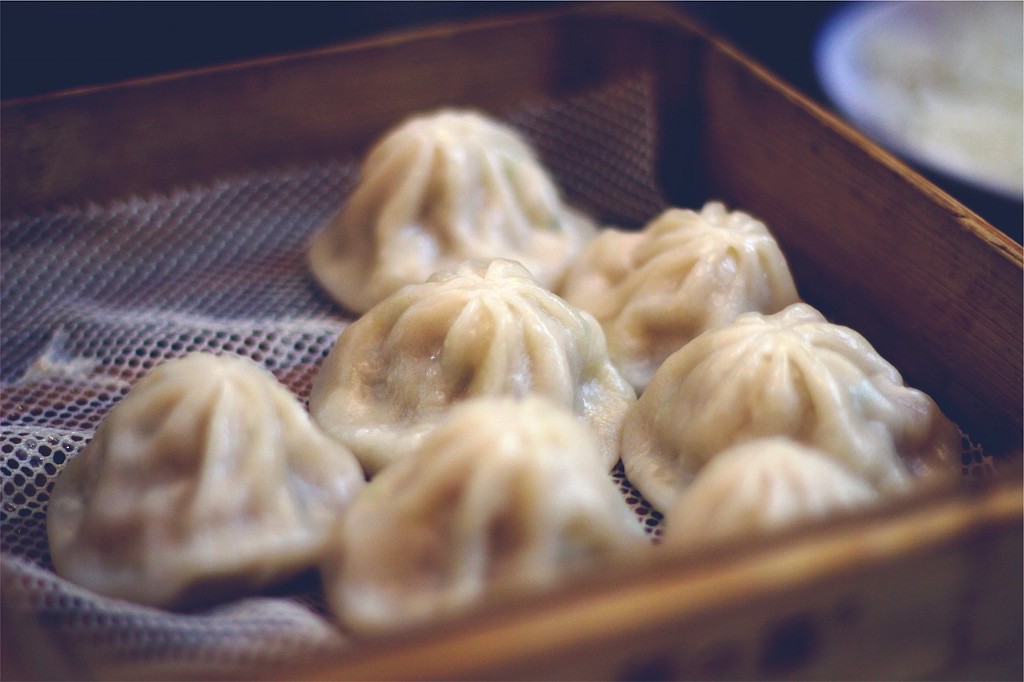essays
Writing Behind My Country’s Back
How government censorship in Malaysia changed what I write—and who can read it

Early on as a fiction writer, I assumed that because I was born and raised in Malaysia, I would always write with a Malaysian audience in mind. Little did I know that I would one day write knowing full well my words will not be read in my home country.
Medium.com is blocked by the Malaysian government, and as such is inaccessible to readers there. By extension, Electric Literature is also censored. This came about because of a single Medium post published in 2016 covering 1MDB, the massive financial scandal embroiling the current prime minister. That is how we arrive at this moment, when I write about my country behind its back. Perhaps this is only fitting, seeing as my book Though I Get Home is (among other things) about censorship in Malaysia. In the book, a young woman named Isabella Sin is arrested for writing “lewd” and “inflammatory” poems, then detained without trial.

When people ask why I chose to write about censorship, I often say that Isabella’s character is based on real life events, such as the arrest and travel ban inflicted on Zunar, a cartoonist, for his art. There is also the trial of Bilqis Hijjas, a dancer who released yellow balloons printed with words deemed so “insulting” as to necessitate her arrest. But there is another reason I wrote about censorship, one that is more personal.
I have no exact memory of my first realization that I live in a censored world. It is hard to be aware that a thing you have never seen is missing. But I imagine it had something to do with watching choppy programs on state TV, and seeing one scene blink into a totally different one with no semblance of transition. Maybe I’d wondered what happened after the man and woman leaned their faces together, eyes closed, or what it was that transpired after the villain lunged with a knife at his victim.
No doubt part of it is becoming an adult and starting to understand that effects don’t always have direct causes, actions aren’t always followed by consequences, and it all just might be chaos after all. But I think those of us who grew up in an atmosphere of censorship might be more conditioned than others to accept warped narratives. Why shouldn’t two people falling onto a bed lead to a man in a business suit waiting for a bus, when election outcomes can be manipulated, and political opponents locked away on made-up charges of sodomy, all without repercussions?
In one scene, a character is alive. In the next, that character is dead, and their mother weeps over their body. Something happened. You can’t see it, but that doesn’t mean it didn’t happen. We learn not to question gaps in logic. We become accustomed to misshapen narratives, so much so that eventually anything at all, from the absurd to the cruel, becomes acceptable, even normal.
We become accustomed to misshapen narratives, so much so that anything from the absurd to the cruel becomes acceptable, even normal.
A man gropes my butt on a busy street. Why not?
I ask a doctor for antidepressants, and end up spending hours in the bathroom with diarrhea. Turns out he’d given me laxatives. C’est la vie.
A politician says citizens should leave Malaysia if they don’t like how the ruling party runs the country. Okay.
A newspaper has its printing license revoked by the Home Ministry for no given reason at all. So it goes.
It might be that I started writing stories as a child in order to live in a more reasonable world, for however short a time. As an adult, I am sometimes drawn to formulaic murder mysteries for the same reason. They open with blood, gore, death. And then they jump, like a censored movie, to a totally different scene, where a detective is day-drinking or something like that. But I don’t have to accept the gap. The mystery eventually reveals motives and uncovers murder weapons. The killer is caught in the end. The opposite of censorship: revelation, and the filling in of intolerable blanks.
The stories I wrote in my childhood were linear and predictable. They comforted me. But by the time I arrived in America at the age of 19, I had moved on to poetry, where leaps of fancy are encouraged, and above all the tying together of seemingly unconnected notions is a prized feature. A couple stumbles onto a bed, and then a businessman waits for a bus. It corresponded more with how I felt, moving in the world.
In America, I learned so many new things about myself. For example, that my pussy is tight. That I look best hanging off the arm of a rich white man, because I love money and will turn out to be either a gold digger or a green card wife. I come notched on a dial with three settings: Chinese, Japanese, Korean, each click of the dial corresponding to the position of index fingers stretching eyes into narrow strips. I eat dogs, or cats, depending. Or I am from a Muslim country, and that in itself is apparently the insult.
I was living and writing in America, but all this time I had carried within me the state censorship of my home country.
The thing about emigrating as an adult from a country that does not wholly love you is that you are already well-versed in a slew of stereotypes and prejudices against you. But in the new land, you have to re-educate yourself on a whole new set of ways that you are rotten. The meanings of insults will be revealed to you only gradually, each accidental groping to enlightenment paving the way for understanding of more nuanced name-calling — until finally the slurs are decoded and start to repeat, and you begin being able to anticipate what you’ll be seen as, before they open their mouths to tell you so.
But there is no fair trade. By taking on this new burden of Otherness, you do not at all shed your previous baggage of being a minority in Malaysia, already yours since birth. You are still the greedy, scheming pendatang, mere visitor. You are a Jew of the East. You are filthy because you eat pig — you are pig. You are insatiable; despite the great kindness given by the dominant culture in allowing your kind to stay in their country, you keep pushing for more and more rights. Apa lagi Cina mau? Go back! Go back to where you have never been.
I yearned to explain all of this to people, especially those who wanted to know where I’m from, and those who were certain they knew where I’m from (they were never correct, Malaysia apparently being a kind of Rumpelstiltskin of countries). But I failed to pack all that I thought and felt into a few spoken sentences. Those encounters always left me feeling wrong and un-whole.
To explain myself, I returned to fiction. In my stories, I tried to convey what it’s like to live as a minority in Malaysia, and an immigrant in America. I thought I was painting as accurate a picture as I could, until my writing professor asked me why, in a novella with lots of ink spent on romantic relationships, there was no sex, almost like a deliberate erasure.
I was shocked. He had seen through to a censorship in my work that I hadn’t even realized was there. The worst part was that this censorship was self-imposed. I was living and writing in America, but all this time I had carried within me the state censorship of my home country. It was distressing to realize this. I’d thought I was a creative writer, but I wasn’t. I was fenced in. All those news reports about the government banning books and raiding bookstores had dammed up parts of my writer self, and I had let it happen without even registering it.
In my mind, the self-censorship became a serious hurdle that I would have to overcome if I harbored any hope of becoming a real writer. So I wrote about sex, and about race relations in Malaysia, and about the oppression faced by queer and trans people there. It never felt like liberation, but with every taboo or repressed subject I wrote about in my stories, I started seeing myself more and more as a true writer, one who explored life through words.
I write for Malaysia, no matter whether its back is turned on me. There is no dedication in my book.
At some point, I inevitably came up against writing about censorship itself. This became the seeds of Isabella’s arc in Though I Get Home. It was a somber realization that if I wished to be unfettered as a writer, then I would have to accept the chance that some of my writing might never be read by anyone in Malaysia.
Yet I also couldn’t give up my desire to connect with Malaysian readers. So what if no one in Malaysia ever read what I wrote? In Existentialism is a Humanism, Sartre quotes an old adage that goes “No hope is necessary to undertake anything.” He follows up with: “All I know is that I will do everything in my power to make it happen. Beyond that, I cannot count on anything.” This is the way I write for Malaysia, no matter whether its back is turned on me. There is no dedication in my book.
Writing for a country this way is also important to me in another sense: I did not want to write books meant to elicit tongue-clucking from international readers, stories that let them sit in judgment as they read, thinking how barbaric it is, the things that people in third-world countries do.
Because look how things have turned out: I am now once more worried about self-censorship, but this time, the fear has its roots in U.S. government policies. Recently it was reported that the U.S. will ask those who want to visit or live in America to hand over their social media history. Already the government has been or plans to monitor the social media activity and search history of all legal immigrants, of which I am one. I am not a U.S. citizen. I feel acutely the risk of writing too much. Even a simple retweet sometimes gives me pause: are these the 200 characters that will one day get me removed from this country?
From a news report covering the plans to monitor search and social media activity: “This would also affect all U.S. citizens who communicate with immigrants, […] who could self-censor out of fear that information they exchange with someone overseas could be misconstrued and used against them.”
So you see, I wrote a book about (self-)censorship to interrogate my relationship to it, but the book is also for you after all.
Sometimes all self-censorship needs is a vague, unspecified fear.
This month, we also learned that the U.S. Department of Homeland Security wants to build a database of journalists, bloggers, and media influencers that will include their personal data and social media information. This, by itself, does not imply censorship, of course. But as I know all too well, sometimes all self-censorship needs is a vague, unspecified fear, or even just a habit of considering how those in power will react to your words.
A white man came up after I read from my book to tell me he couldn’t imagine living in a country “like that.” I hope he and others like him see that the spaces we occupy overlap, and that so many of us have work to do. I hope we all keep wresting the truth out from under the misshapen narratives given to us, and I hope we keep saying what’s true, no matter that our voices are feeble, or that backs may be turned on us. Two people fall onto a bed. You can’t see it, but they are asking themselves and each other: what are we afraid to say, for fear that the powerful will punish us?








